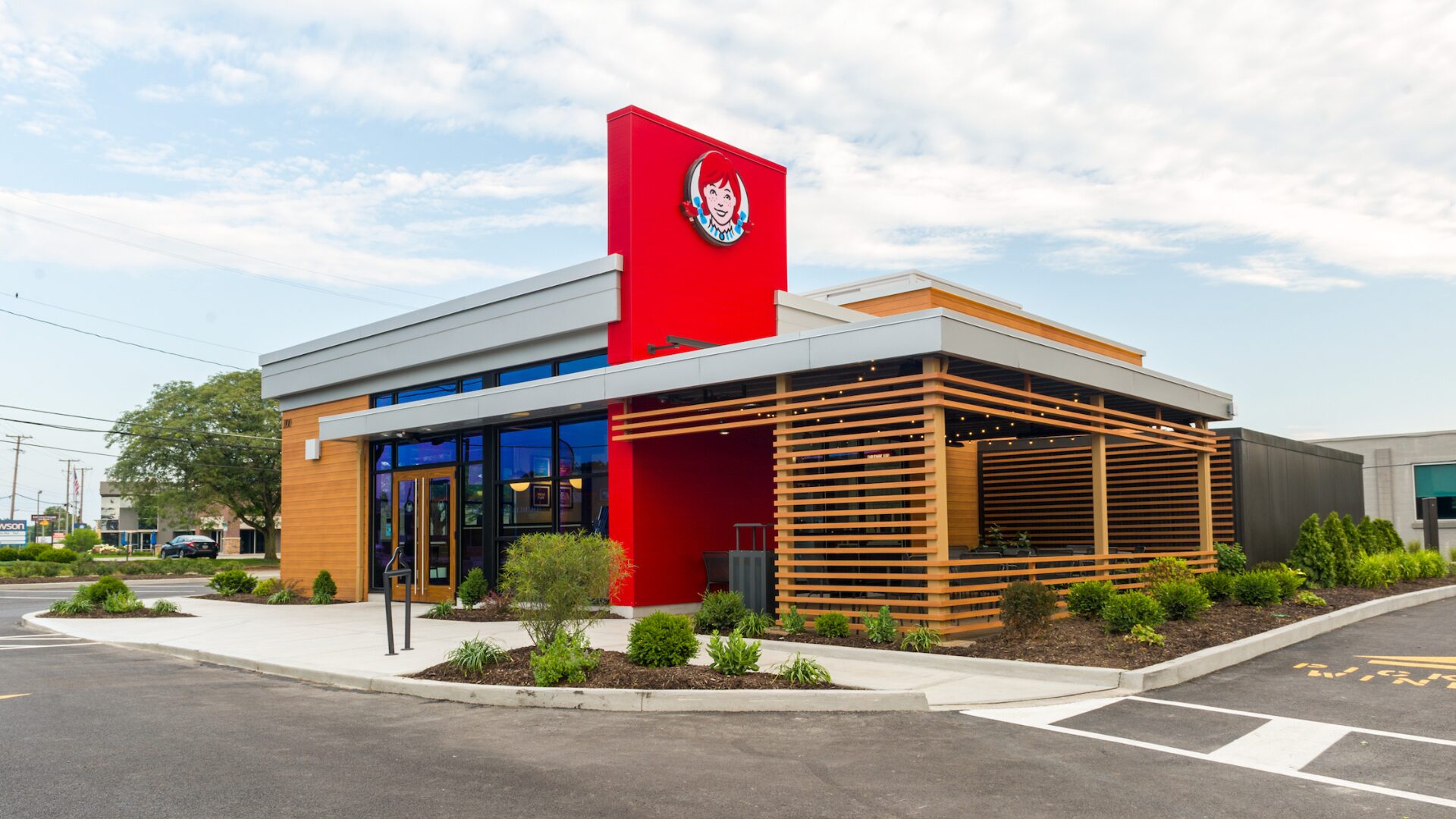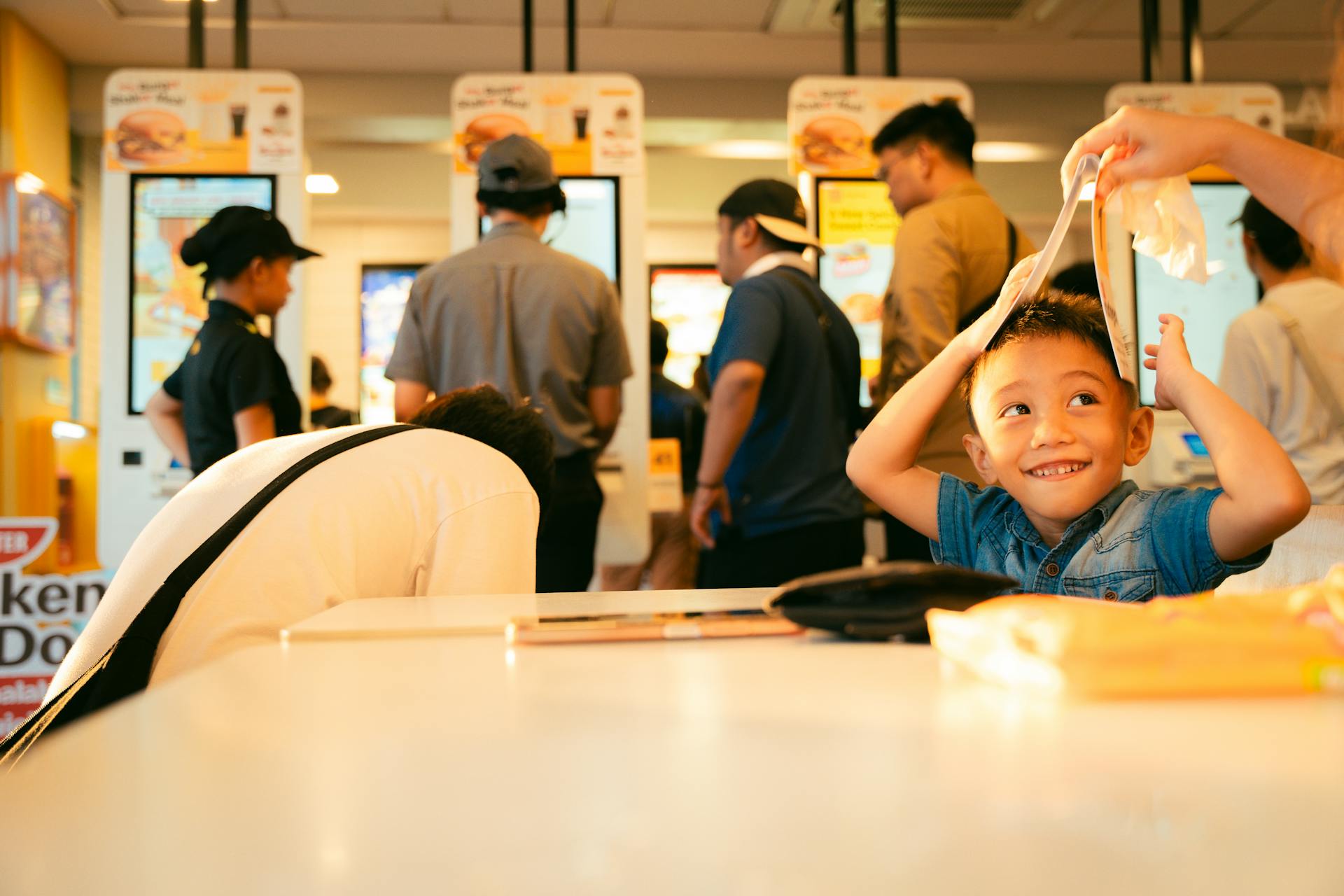Tens of thousands of restaurants have closed since the start of the pandemic, and those that have remained open are grappling with economic pressures that threaten their viability as the latest wave of bankruptcy filings by fast-food operators indicate.
In late October, 172-unit Burger King franchisee Premier Kings declared bankruptcy after the death of its owner created operational instability; it was the was third Burger King franchisee this year to go belly-up, as reported by QSR Magazine.
Meanwhile, Starboard Group – the Coral Springs, Florida, company that operates 61 Wendy’s sites in Florida, Alabama, and elsewhere in the Southeast – became the latest operator to file for Chapter 11 protection, Restaurant Business recently reported. Starboard had 101 Wendy’s stores as recently as June 2020.
SBG CEO Andrew Levy blamed the filing on changing post-COVID consumer habits, as well as increasing costs.
Franchise expert Scott Greenberg told The Food Institute that rising labor costs are a significant problem for fast-food chains like Starboard, but costs are far from the only issue:
“These chains also grapple with increasing expenses for ingredients and supply chain disruptions. However, the key to sustainable success lies in more than just paying higher wages.”
Fast-food businesses that focus on creating a positive workplace culture, improving the overall employee experience, and nurturing strong employer-employee relationships are better positioned to attract and retain top talent, Greenberg noted.
“By doing [that],” he added, QSRs “not only ensure a stable workforce but also enhance the customer experience, which can justify any necessary price increases.”
Technology to Blame?
Marketing researcher Michelle Bliss of Bliss Business Development Corp. suggested technology is, at times, taking the convenience out of convenience food. Bliss noted getting the best deals often requires downloading an app, signing up for a rewards program and ordering online before actually going to the restaurant.
“Many consumers – especially low-income individuals assumed to live on ‘affordable’ fast-food restaurants – don’t own the latest mobile devices and operating systems to do this,” she said. “One of the reasons why I personally skip the burger promos is probably the same reason others do: The decision boils down to, ‘Should I be bothered or eat another peanut-butter-and-jelly sandwich?’”
Other experts said consumers seeking healthier lifestyles also factor in.
A whistle-blower case is pending in Florida against Starboard alleging sexual harassment by company leadership and accusing company officials of directing employees to defraud the Paycheck Protection Program during COVID, TheStreet recently reported. The suit seeks $1 million in damages.
The bankruptcy filing comes in the wake of similar actions by Meridian Restaurants and Toms King, as well as Summit Restaurant Holdings, which operates 106 stores. Other financially challenged chains, including Veggie Grill, have closed locations although not filed for bankruptcy.
Starboard also operates 22 CiCi’s Pizza, 15 Subway, six McAlister Deli and five Fuzzy’s Taco Shops in Alabama, Florida, Illinois, Missouri, Louisiana, Wisconsin and Texas, but did not include them in the bankruptcy filing.
“Placing the Wendy’s division in a Chapter 11 reorganization is the wisest decision we could have made in order to save jobs, strengthen the company and our partners for the future,” Levy said in a statement to Restaurant Business.











